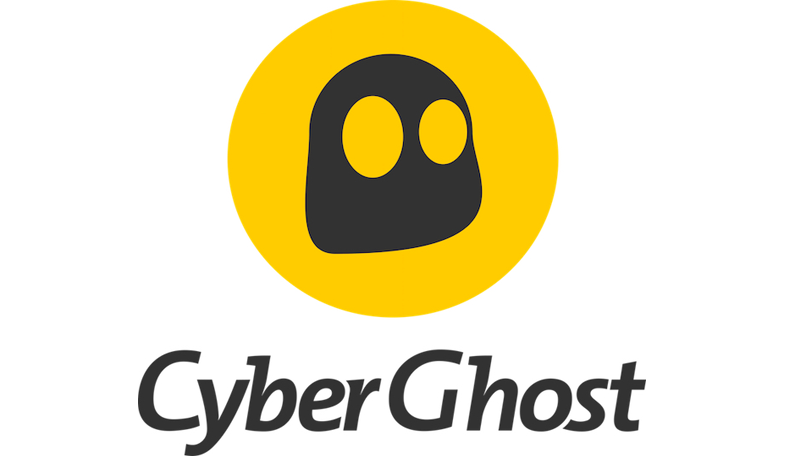IPSEC vs SSL: Which VPN Protocol is Better For You? 2025
✅ IPsec works at the network layer, encrypting all IP packets between networks.
✅ SSL operates at the application layer, encrypting specific application data like HTTPS traffic.
🎯 If you want full network encryption and site-to-site protection, go with IPsec.
🎯 For web-based applications and browser traffic, SSL is the better pick.
We Recommend ExpressVPN as we have tested both IPSEC and SSL, and it does the job perfectly. You can take a free trial from the below link only.
As remote work, cloud access, and online security grow more vital, Virtual Private Networks (VPNs) play a key role in protecting users’ data. Among the many VPN protocols available, IPsec and SSL stand out as the most trusted choices.
But which one is right for you or your business?
In this article, we break down both protocols based on security, performance, and ease of use, and help you decide which is the better fit based on your specific requirements.
- IPsec works at the Network Layer (Layer 3), encrypting all traffic between two endpoints regardless of application.
- SSL (or more accurately, its modern version TLS) operates at the Application Layer (Layer 7), securing only specific types of traffic like HTTPS.
This core difference affects how they’re used, configured, and detected online.
IPsec (Internet Protocol Security) is a secure network protocol suite that authenticates and encrypts each IP packet during communication.
Use cases:
- Secure site-to-site connections
- Full network-level encryption
- Secure remote access to internal networks
Key Features:
- End-to-end encryption
- Authentication and data integrity
- Ideal for large organizations
SSL (Secure Sockets Layer), now mostly replaced by TLS (Transport Layer Security), is used to encrypt web communications, especially via HTTPS.
Use cases:
- Secure browser-based access
- Cloud app protection
- Online shopping, banking, and email
Key Features:
- Lightweight and easy to implement
- Encrypts web traffic only
- Commonly used by individuals and small businesses
✅ Security
-
IPsec offers end-to-end encryption with authentication, integrity, and confidentiality. It’s highly resistant to:
- Man-in-the-middle attacks
- Replay attacks
- Packet sniffing
-
SSL/TLS encrypts traffic between browsers and servers only. While good for HTTPS, it’s not true end-to-end and can be vulnerable to:
- Session hijacking
- Downgrade attacks
- Weak cipher misuse
🔐 Winner: IPsec for higher-grade security.
⚡ Performance
- IPsec can be resource-heavy, requiring more processing power and possibly specialized hardware.
- SSL/TLS is lighter on bandwidth and easier to deploy without extra hardware.
🚀 Winner: SSL/TLS for everyday browsing and general performance.
🛠️ Ease of Use
-
IPsec setup can be complex, often requiring:
- IT teams
- Configurations on routers and firewalls
- Extensive testing
-
SSL/TLS setup is much simpler:
- Enabled with a certificate
- No client configuration
- Web-based interface
🧩 Winner: SSL for ease of use and accessibility.
Choose IPsec when:
- You need full-network encryption
- You’re securing corporate intranets
- You want site-to-site connectivity
- Your IT team can handle advanced configurations
Choose SSL when:
- You want simple setup
- You’re accessing web apps or SaaS tools
- You need clientless VPN access
- You prioritize ease of use over full-layer encryption
It’s also best suited for personal VPN use like online banking, e-commerce, or remote work portals.
- Go with IPsec if your priority is maximum security, full encryption, or business-grade VPN configurations.
- Go with SSL if you prefer simplicity, faster deployment, and primarily use web-based tools.
For most individuals and even small teams, an SSL-based VPN like ExpressVPN provides more than enough protection with effortless usability.
✔️ Advanced encryption protocols
✔️ High-speed performance
✔️ Works on all devices
✔️ 30-day money-back guarantee
FAQs: IPsec vs SSL VPNs
I'm a technology cyber expert and VPN expert. I love to stay up-to-date on the latest tech trends and explore new ways to use technology to improve my life. I also enjoy writing about these topics.
Peace ✌️


